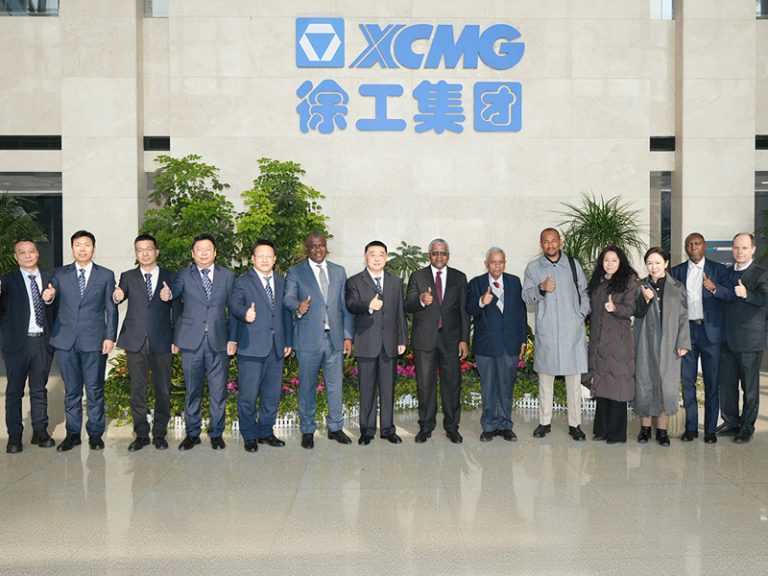
CGT reforms take effect January 2026, with cost base reset and grandfathering to protect investors and stabilize the market….
The Chairman of the Presidential Fiscal Policy and Tax Reforms Committee, Taiwo Oyedele, has assured investors that Nigeria’s upcoming Capital Gains Tax (CGT) reforms will not apply retroactively to investment gains earned before 2026.
The clarification comes in a statement issued by the committee detailing key provisions of the CGT framework under the proposed Nigeria Tax Act 2025, set to take effect from January 1, 2026.
At the core of the reform are a cost basis reset and a grandfathering clause, measures designed to shield past gains while applying tax only to profits generated after the new law takes effect.
Protecting Past Gains: How the Cost Basis Reset Works
Under the reform, the reference price for calculating capital gains on pre-2026 investments will be reset to the higher of the original acquisition cost or the market value as of December 31, 2025.
Oyedele explained:
“For the purpose of CGT effective from 1 January 2026, the cost base for existing investments will be reset to the higher of the actual acquisition cost or the closing market price as at 31 December 2025. This ensures fairness and prevents the application of the new rule to gains accrued before the new law takes effect.”
For example, if an investor bought shares at ₦5 and the value rose to ₦20 by December 31, 2025, the new cost base will be ₦20. If the shares are sold in 2026 for ₦25, only the ₦5 gain realized after the reset will be taxed, leaving the ₦15 gain earned before the reform untouched.
Grandfathering Explained
The CGT reforms also include a grandfathering provision, which exempts all gains earned up to December 31, 2025, from the new tax regime.
Oyedele clarified:
“Transition arrangements gains earned on shares up to 31 December 2025 will be grandfathered and only taxed upon disposal where applicable, based on the law as at that date.”
For instance, an investor who bought shares at ₦10 in 2020 that appreciated to ₦50 by 2025 would only pay CGT on gains made from 2026 onwards. This ensures long-term investors are not penalized for profits accumulated under the previous regime.
Why This Matters to Investors
Investor confidence in Nigeria’s capital markets is highly sensitive to changes in tax policy. Recent uncertainty over the CGT reforms coincided with sharp market declines, including a ₦6.3 trillion loss in market value over seven trading sessions, with ₦4.7 trillion lost in a single day.
Market analysts attributed much of the sell-off to fears that historical gains might be retroactively taxed. The cost basis reset and grandfathering measures aim to allay these concerns, providing clarity and fairness.
Additional Investor-Friendly Features of the CGT Reform
Beyond protecting past gains, the new CGT framework introduces several changes to modernize Nigeria’s tax system:
- A progressive tax structure replacing the current flat 10% rate, with rates from 0% to 30% depending on profit or income thresholds.
- Exemptions for small investors, pension funds, Real Estate Investment Trusts (REITs), and registered NGOs.
- Ability to deduct losses, brokerage fees, interest on margin loans, and statutory transaction charges when calculating net gains.
- Reinvestment relief, allowing investors to defer CGT if proceeds are reinvested in Nigerian shares within 12 months.
Full implementation guidelines are expected before the January 1, 2026 rollout, giving investors ample time to prepare.



